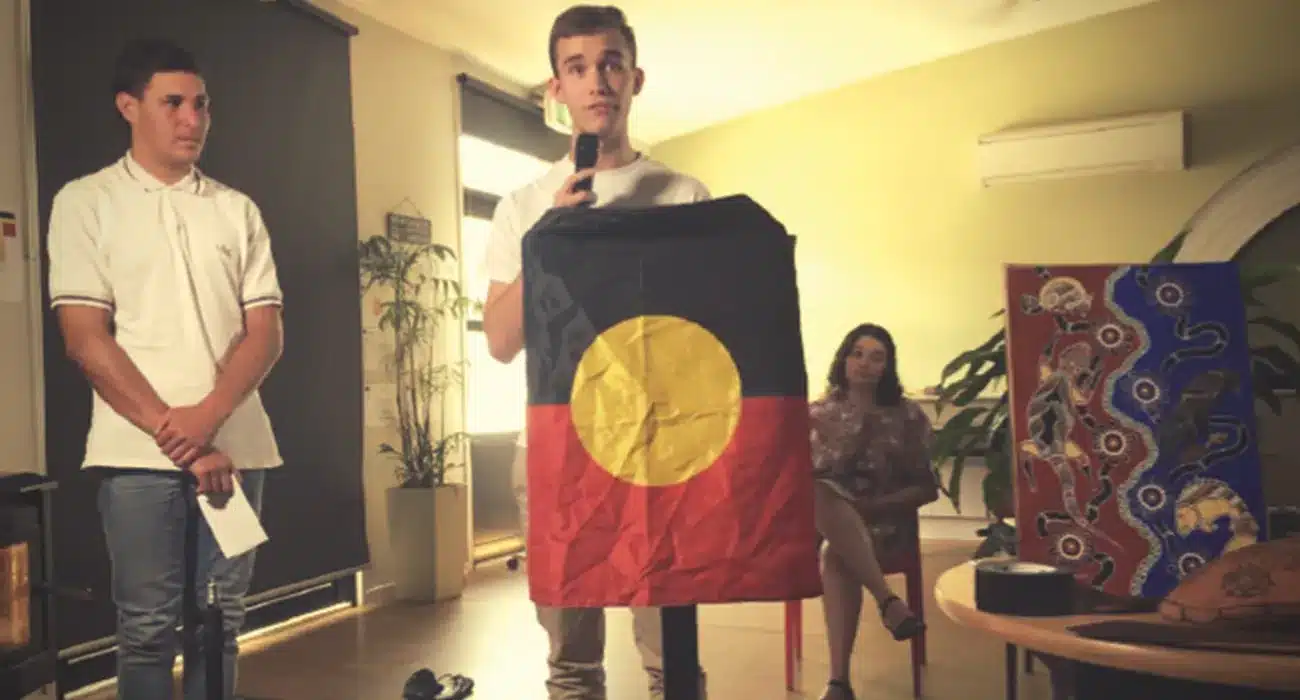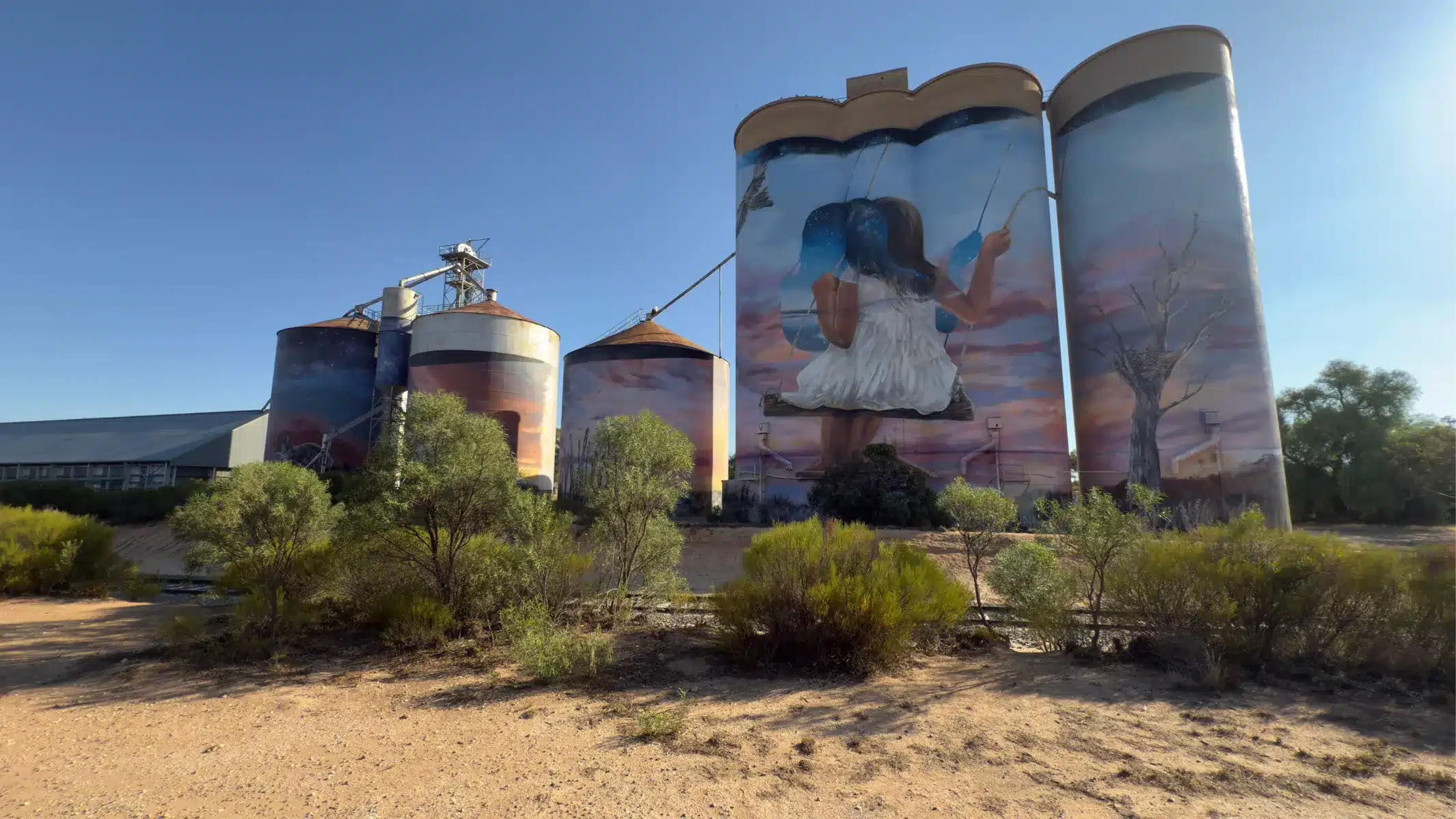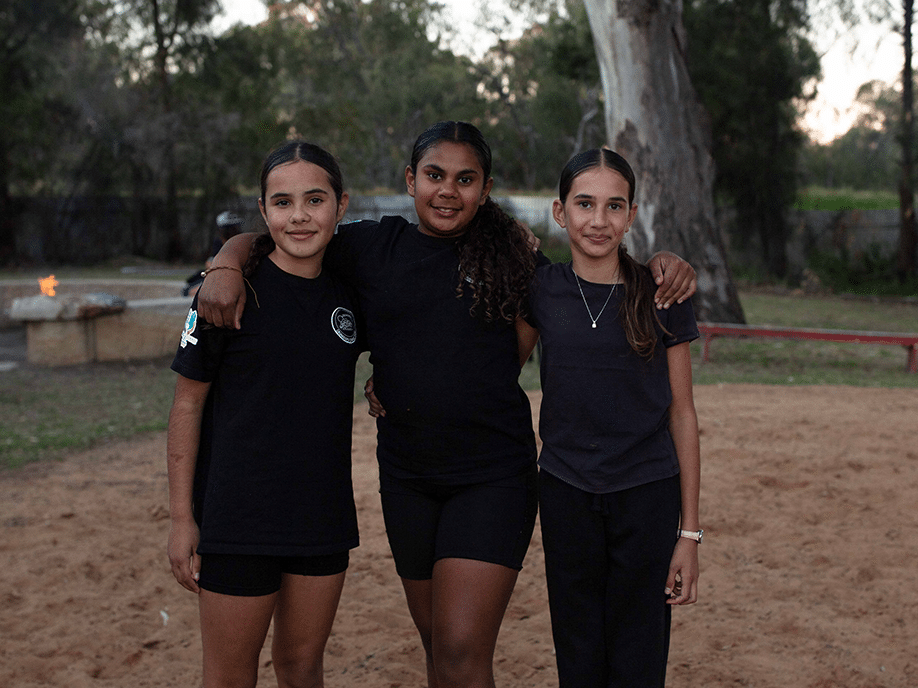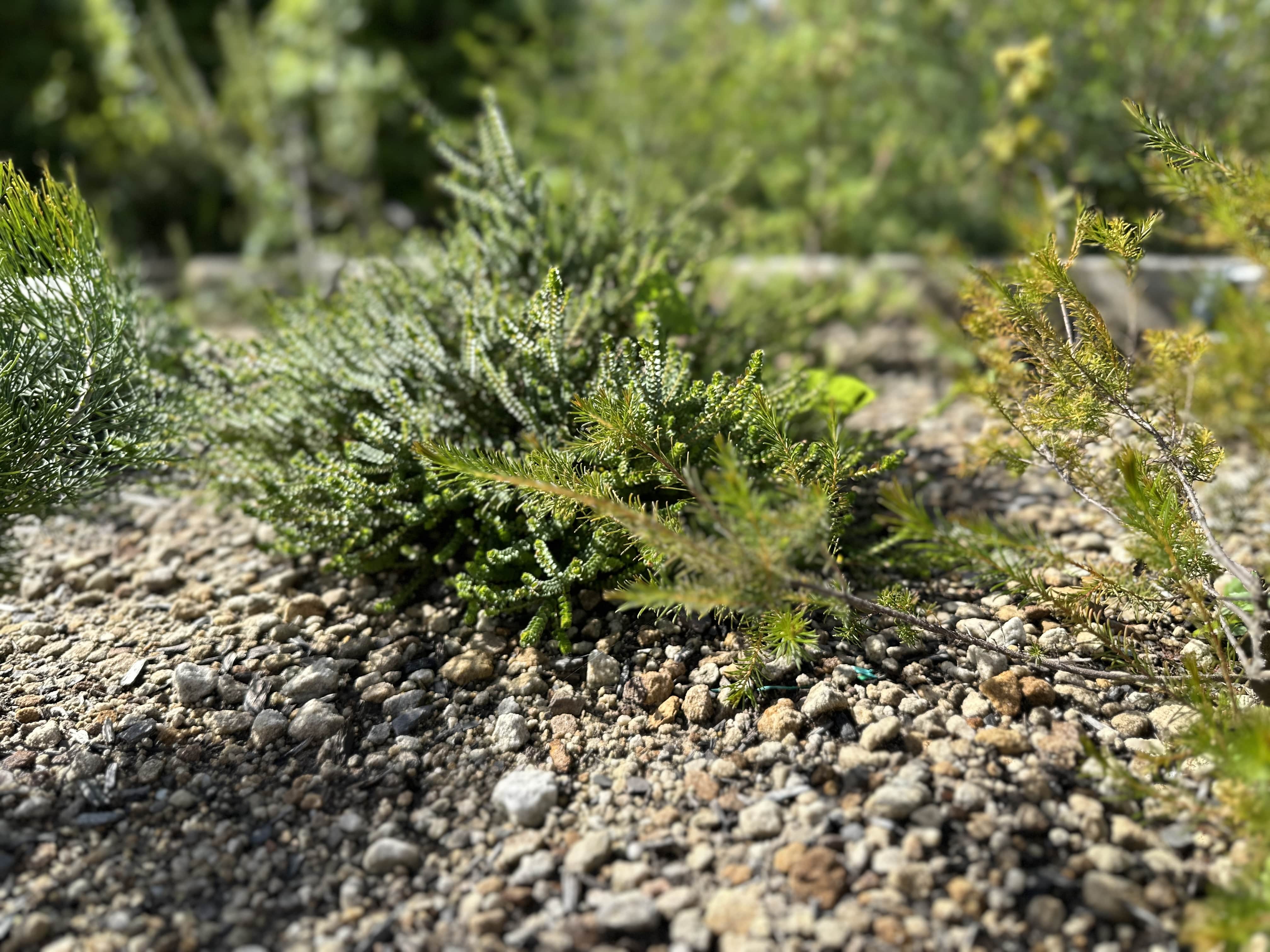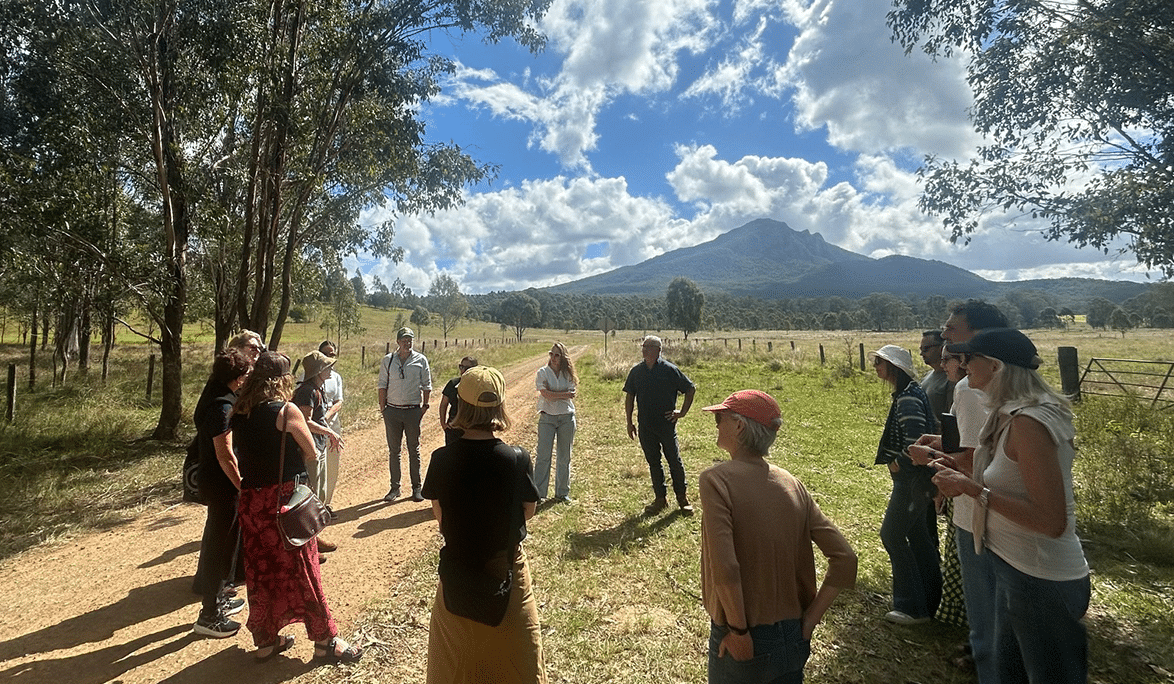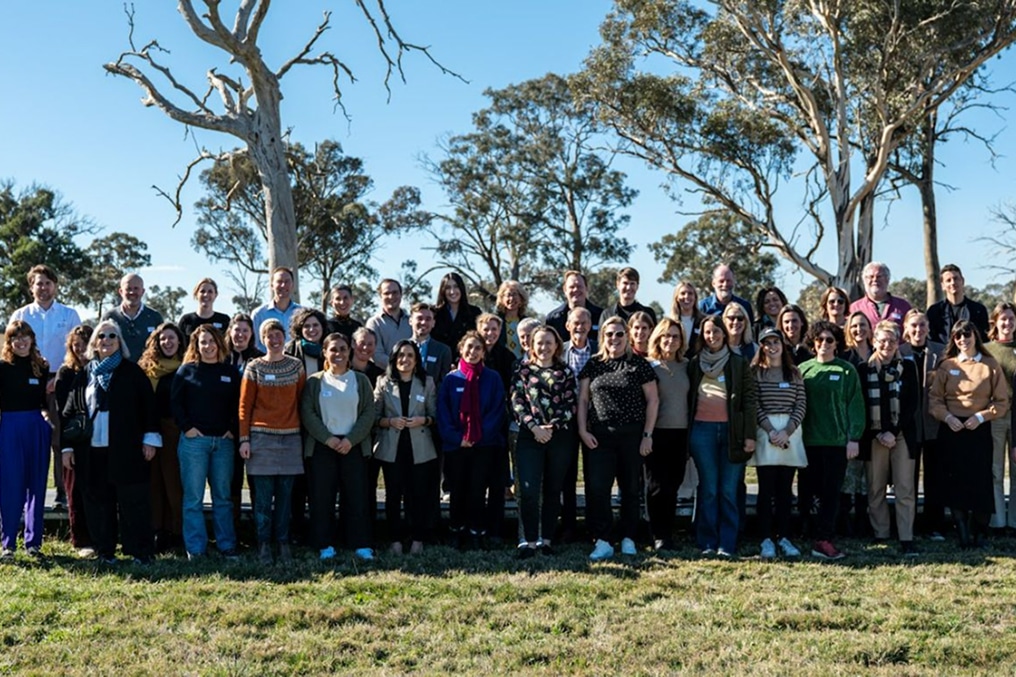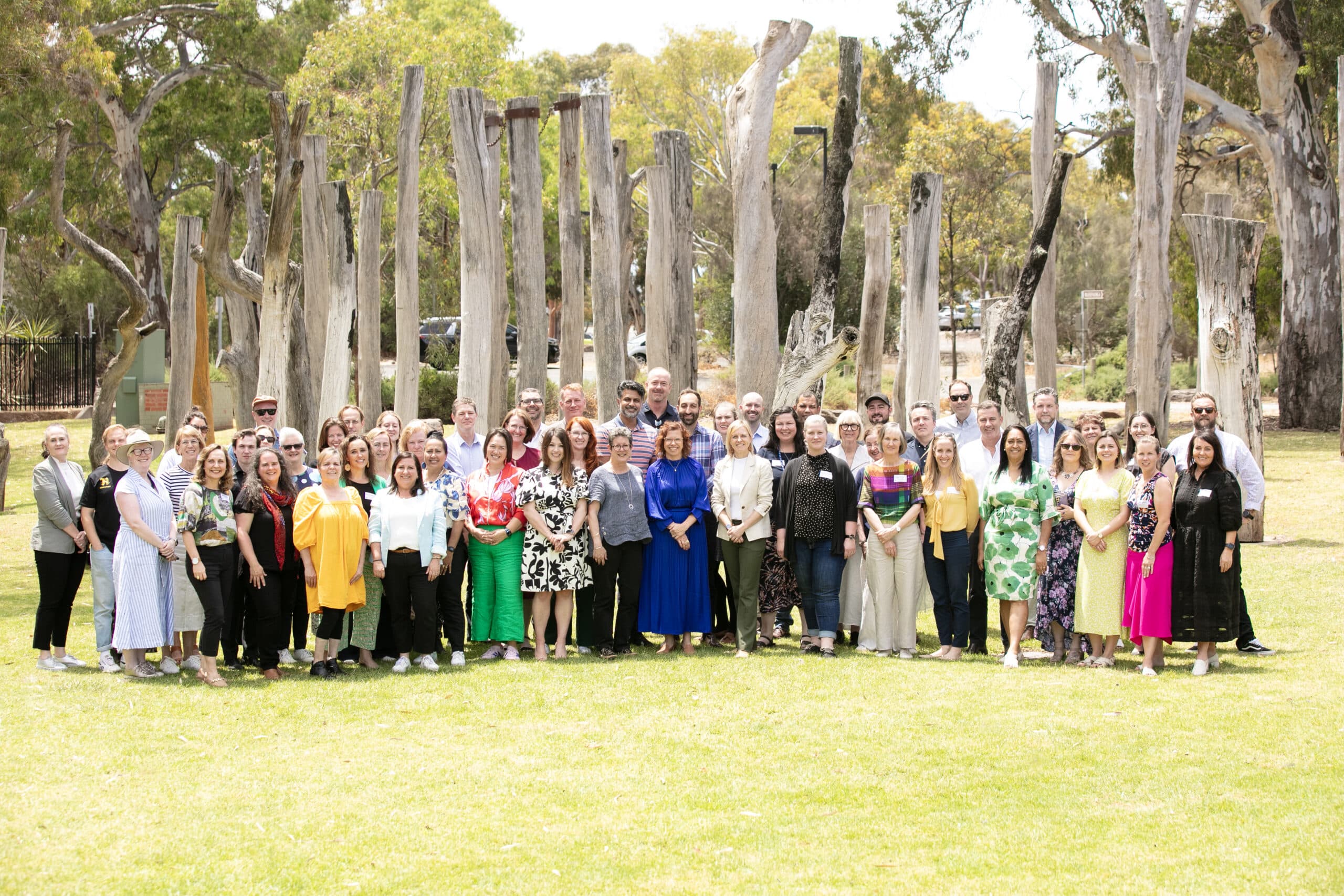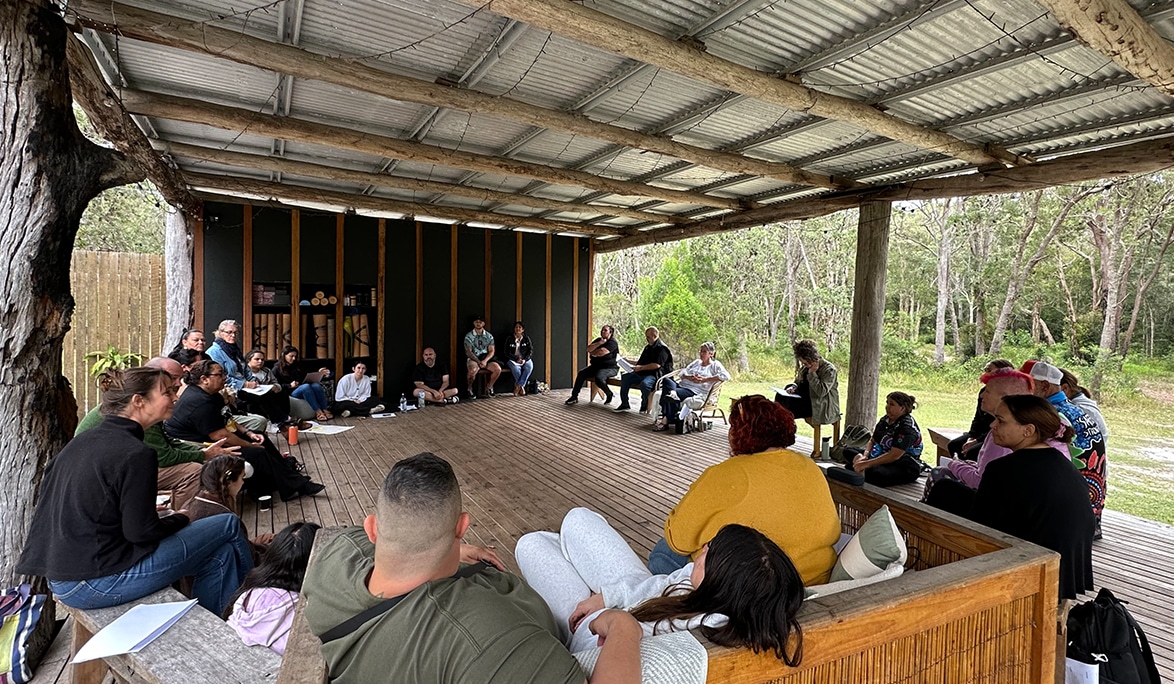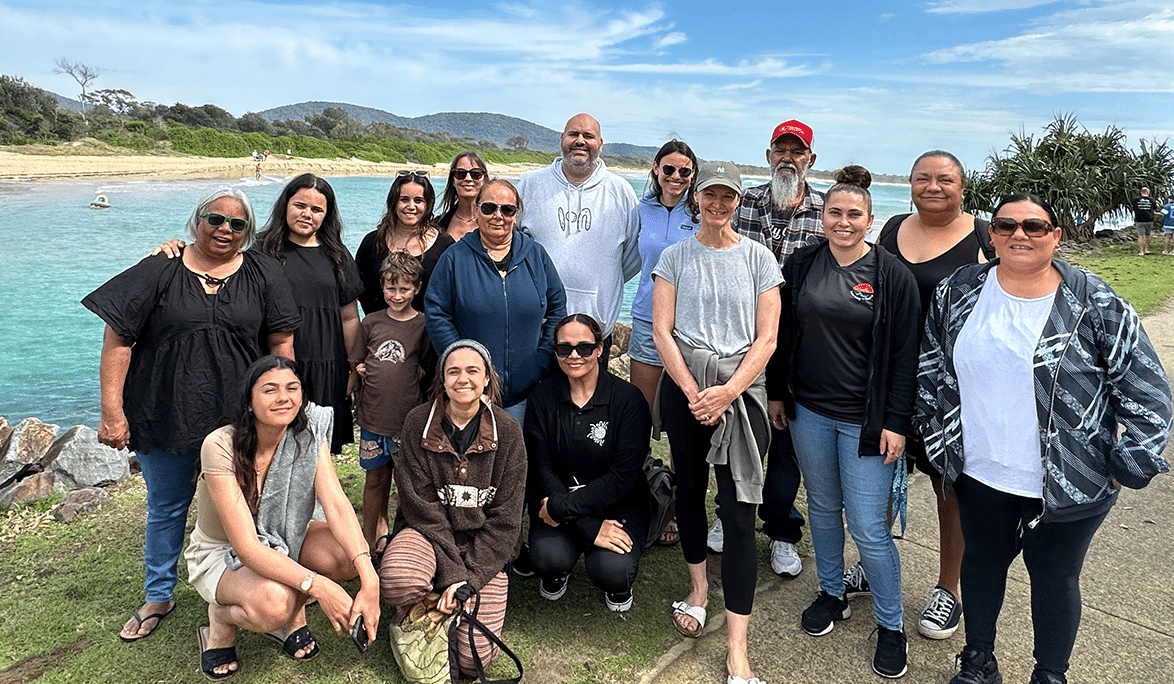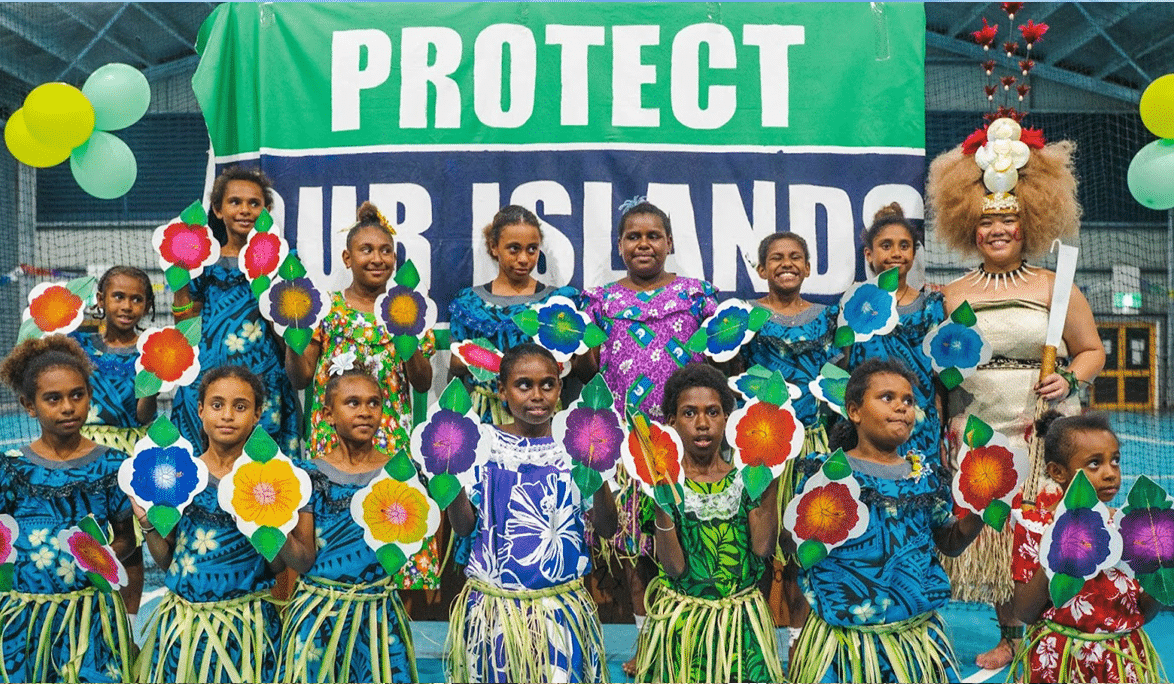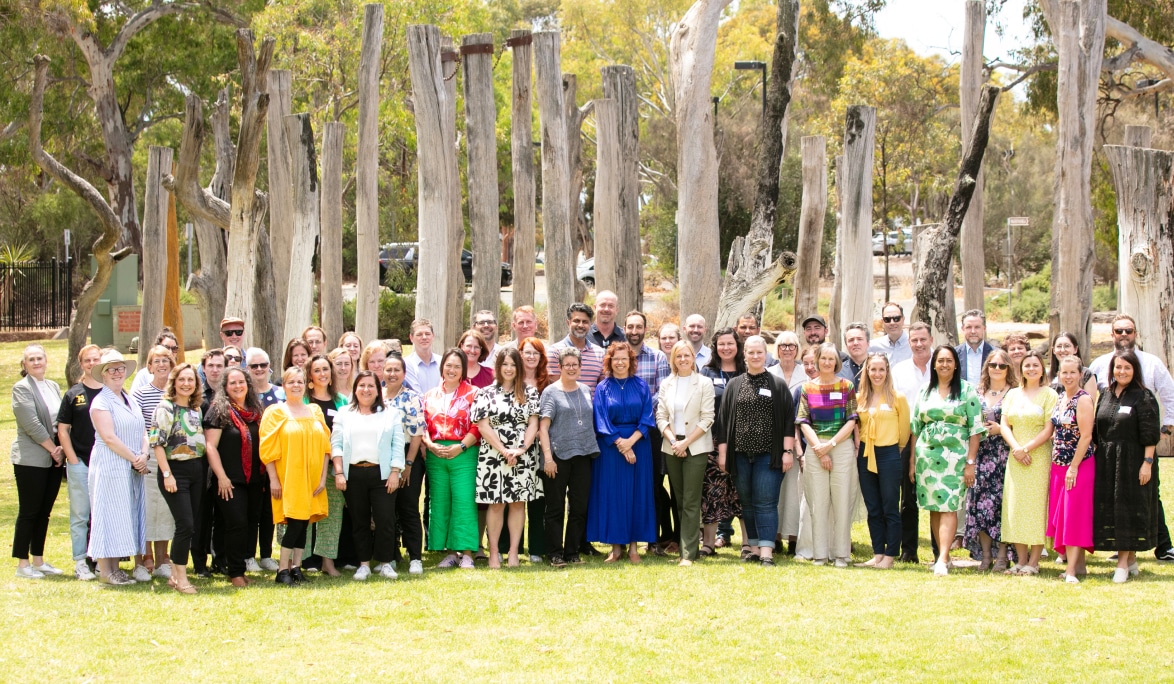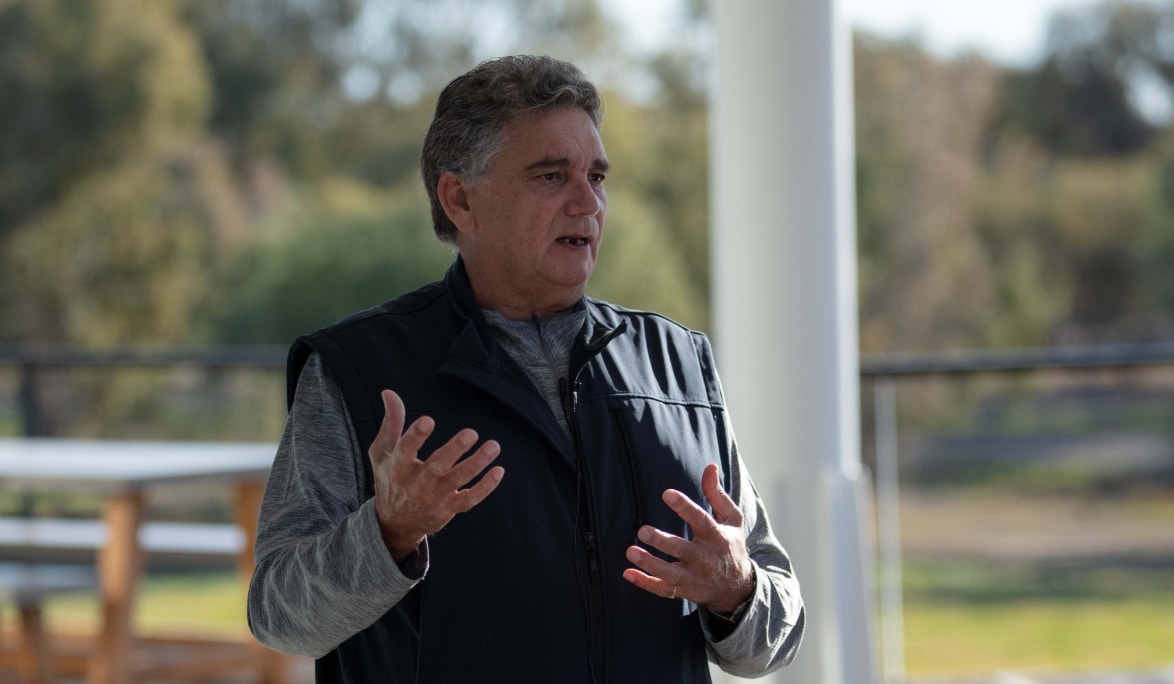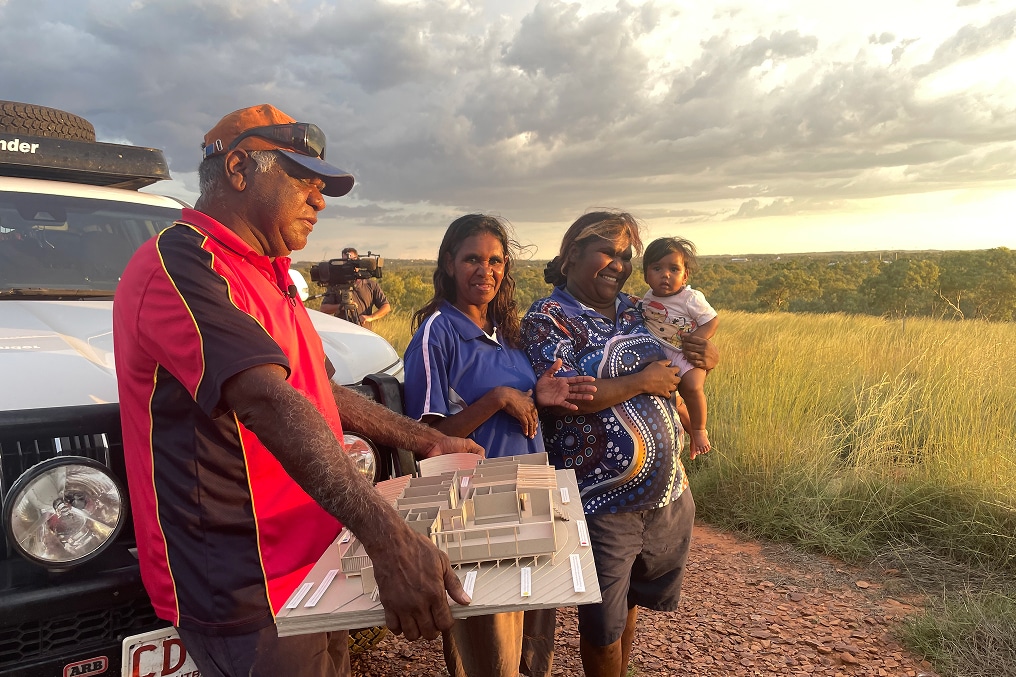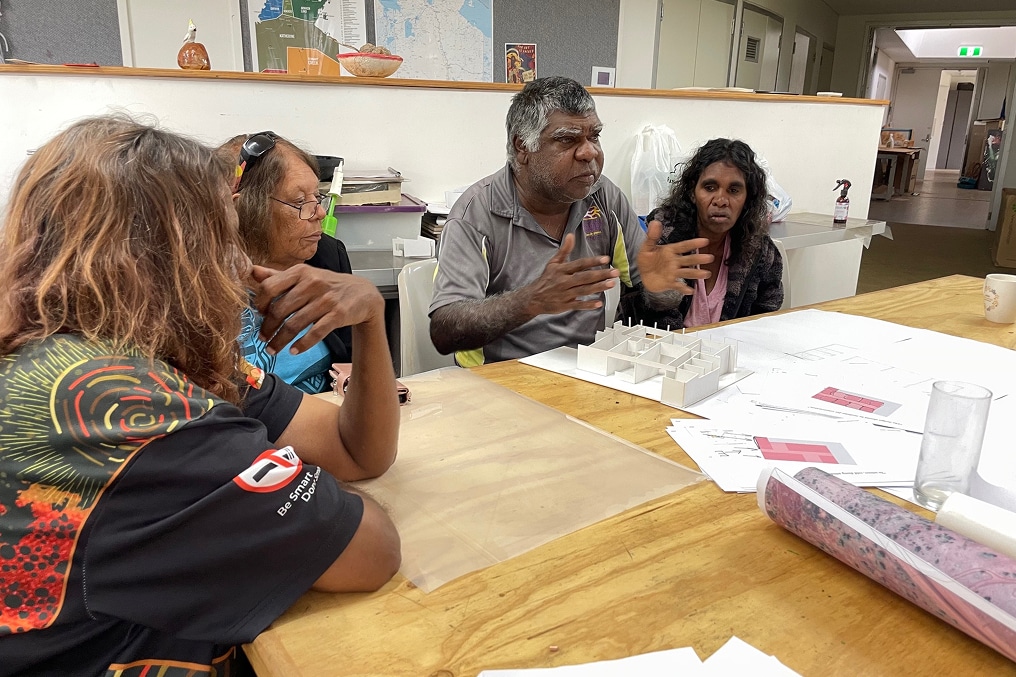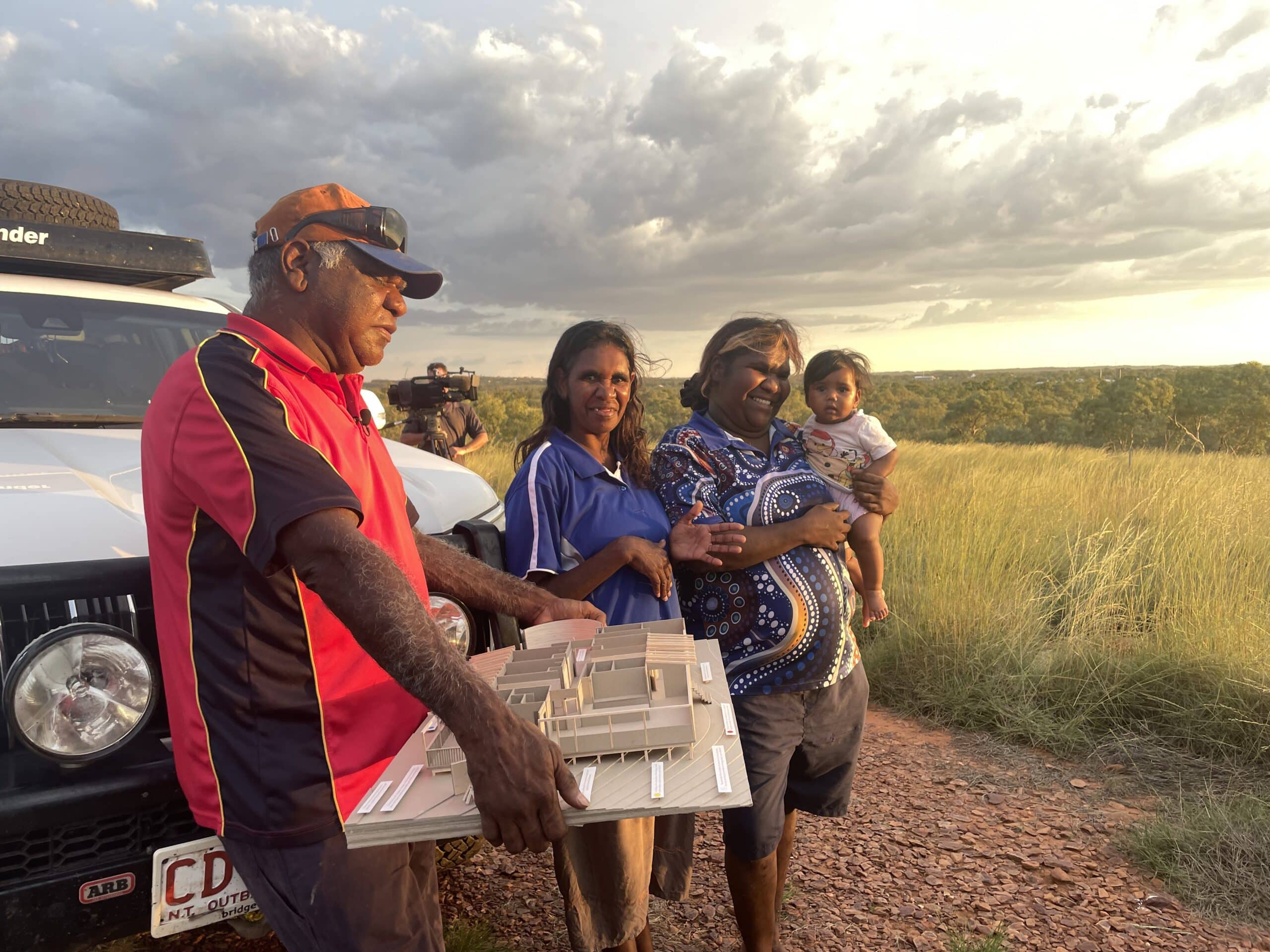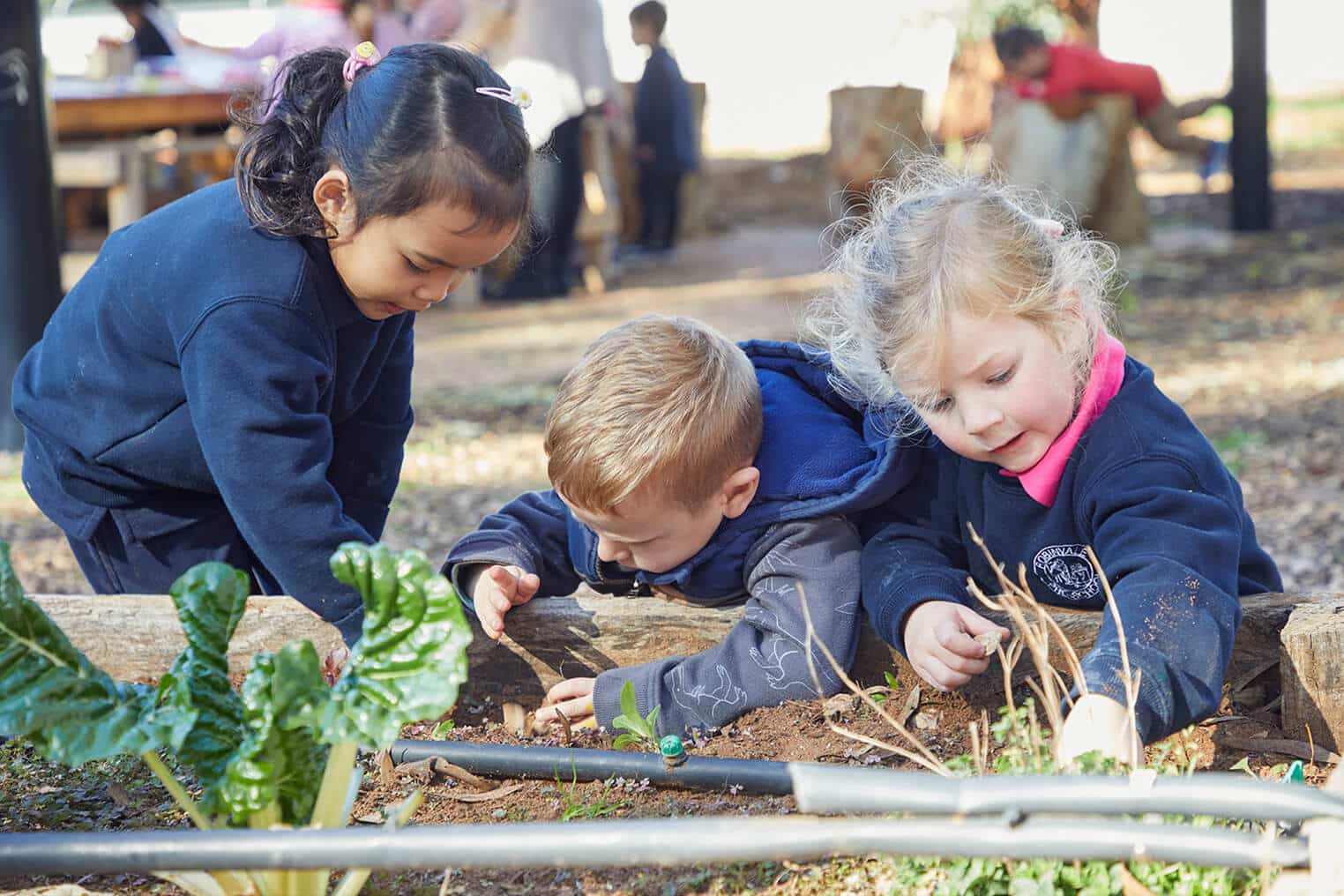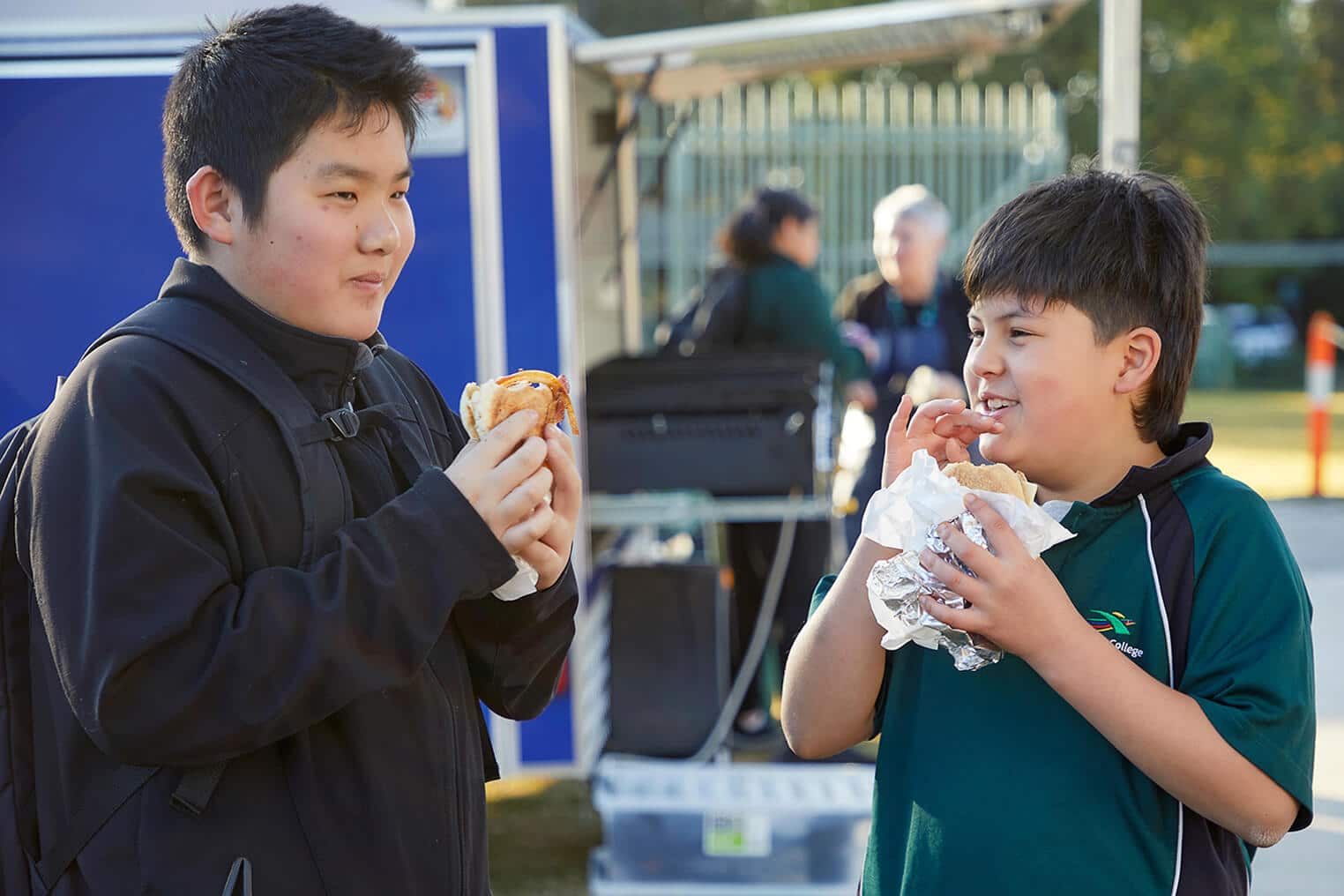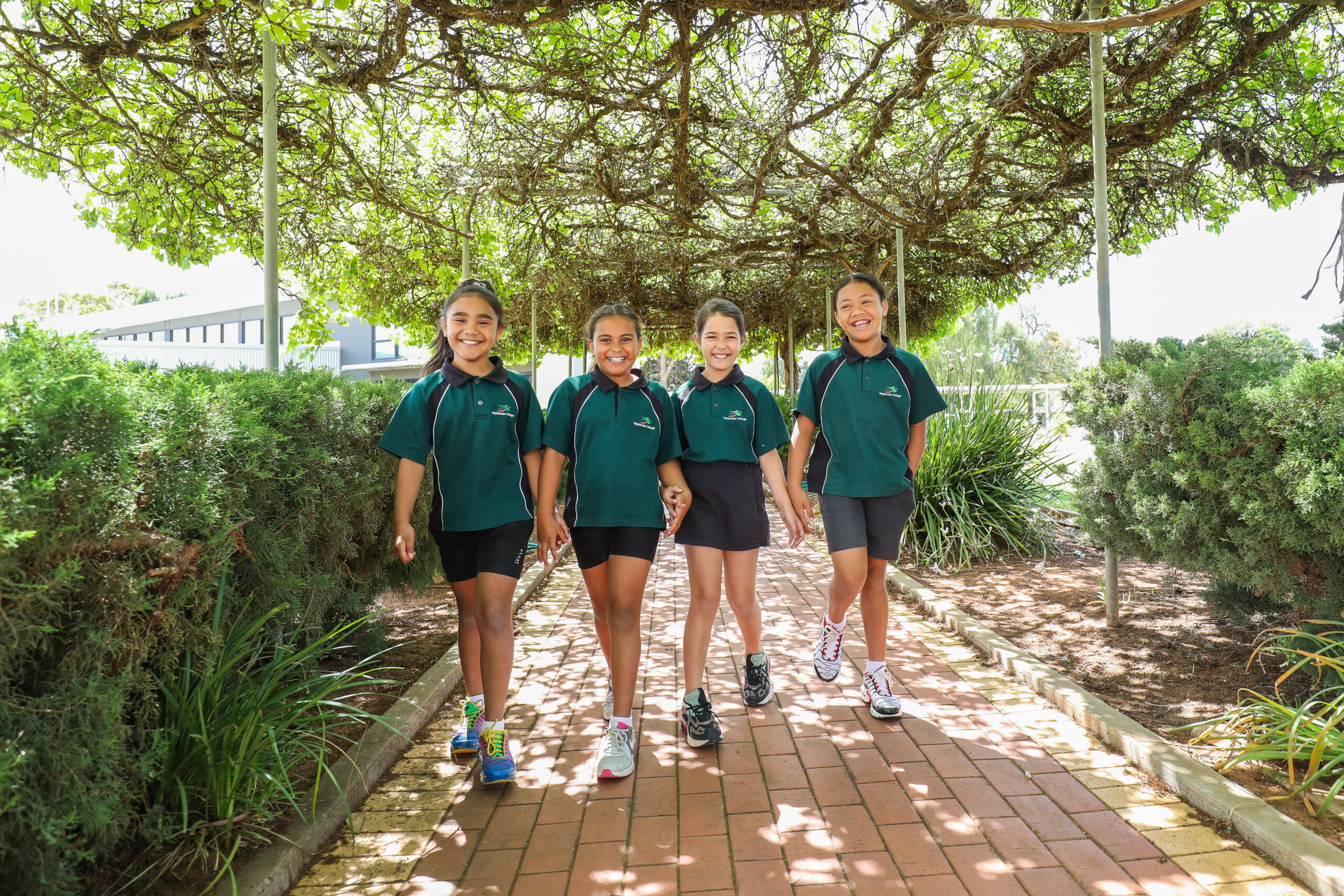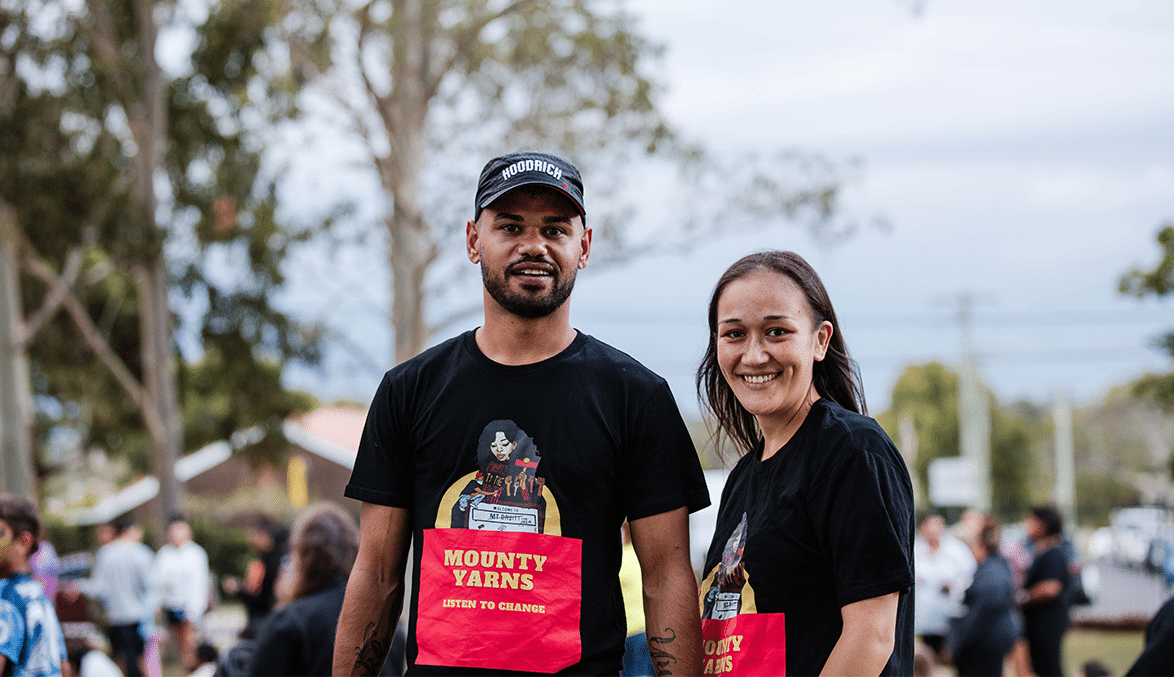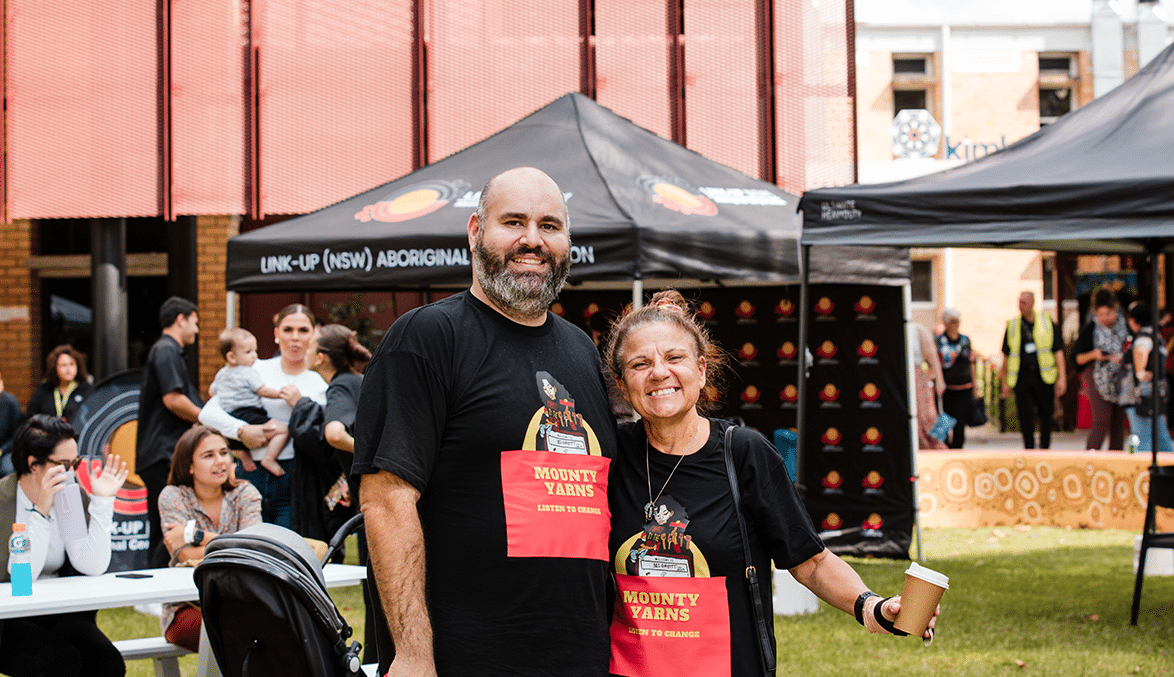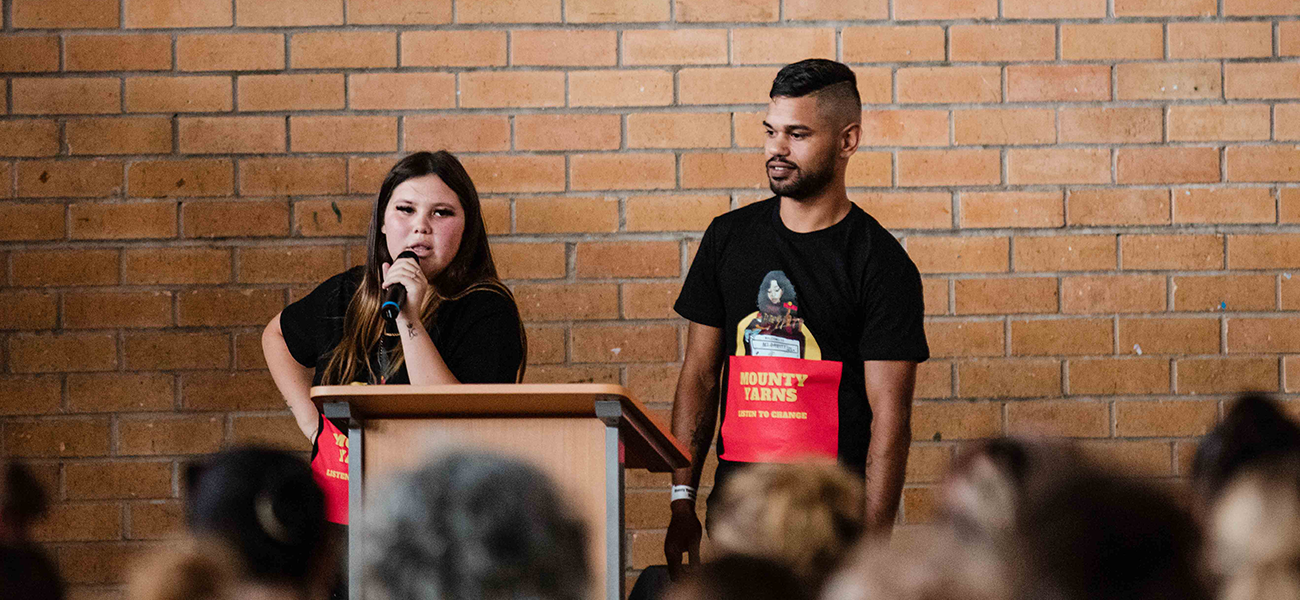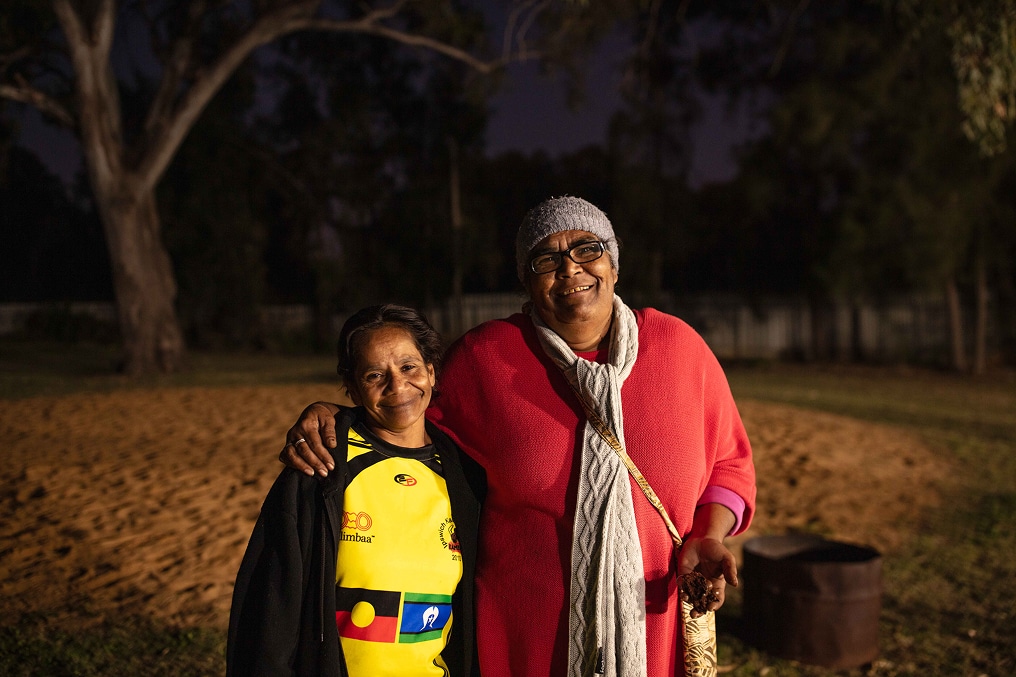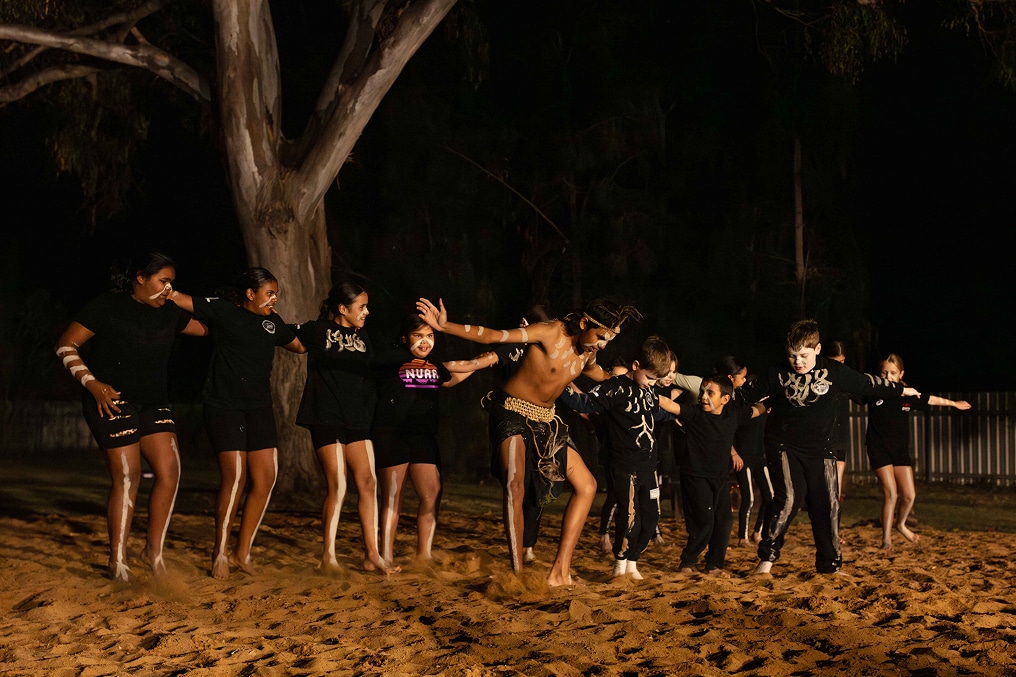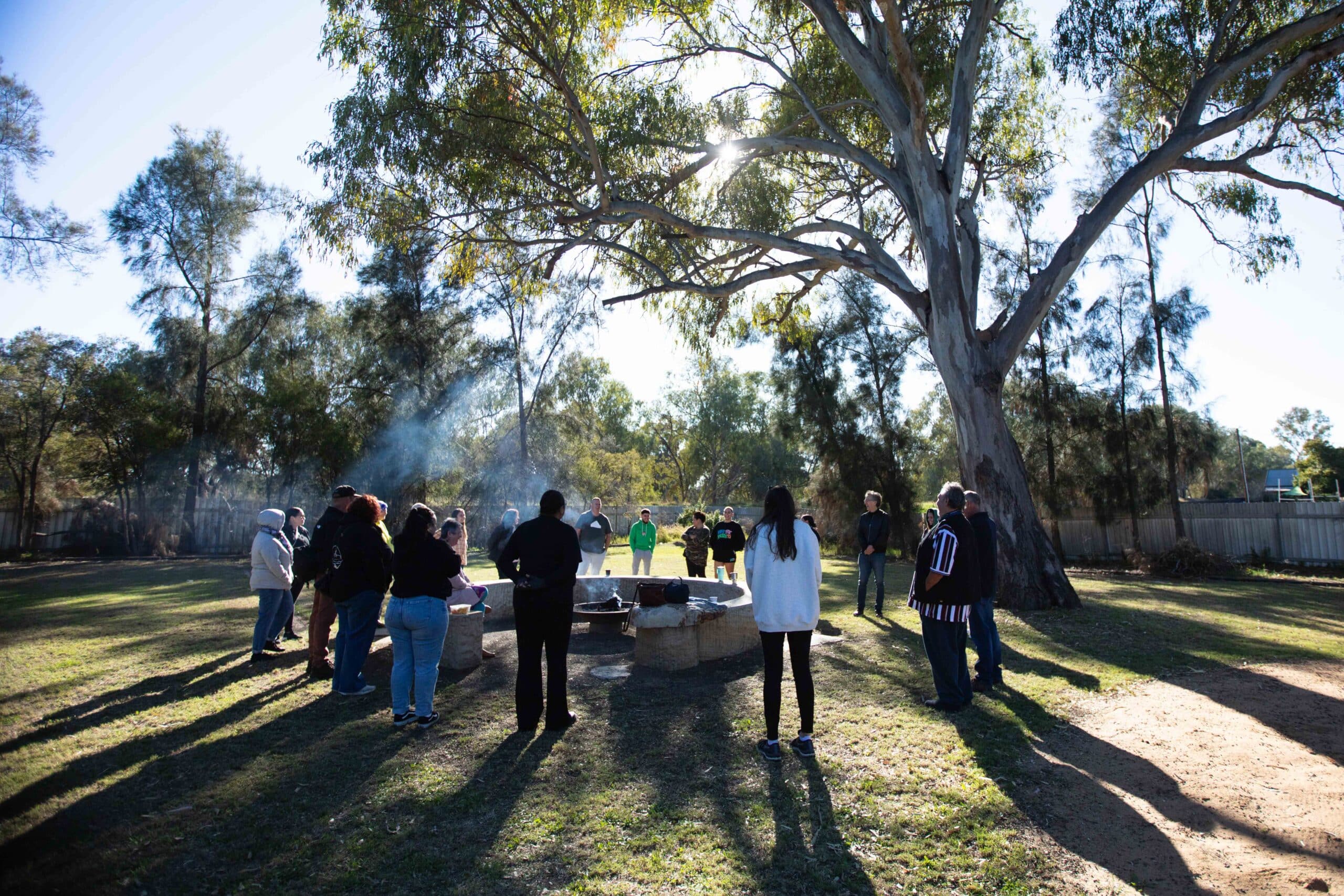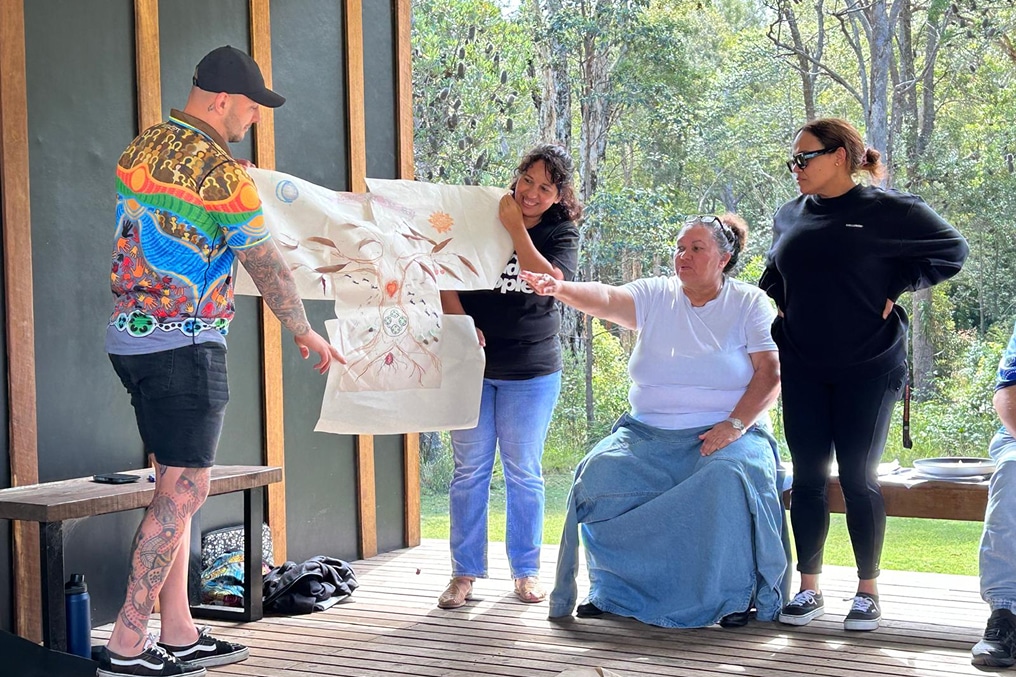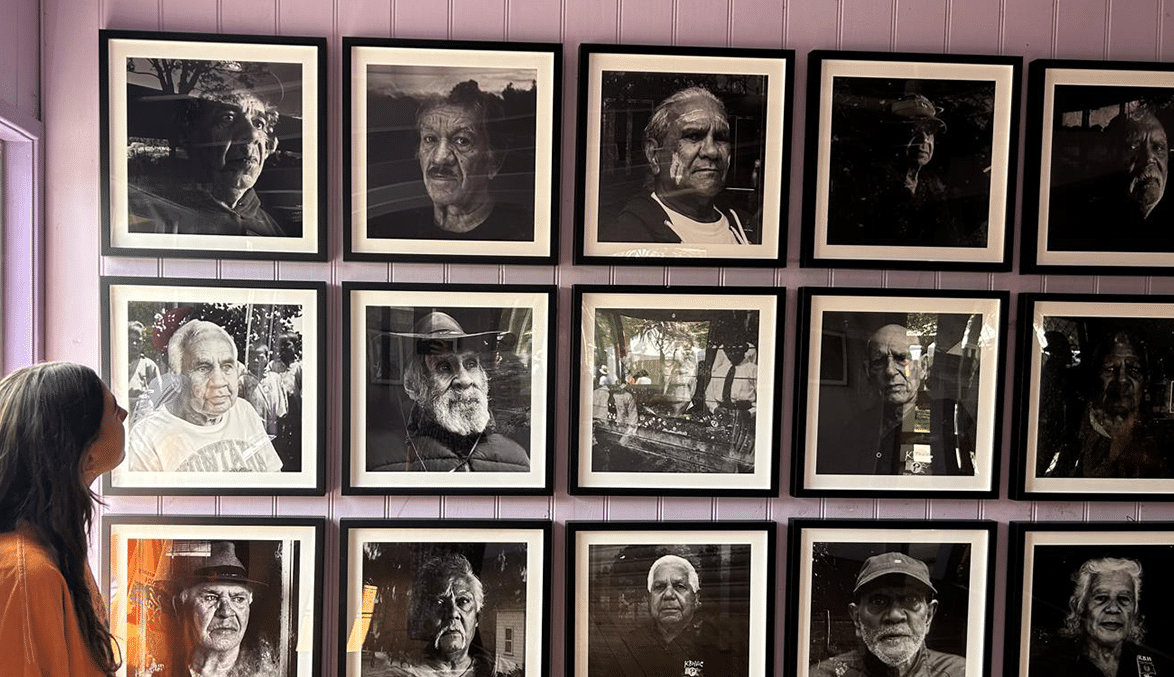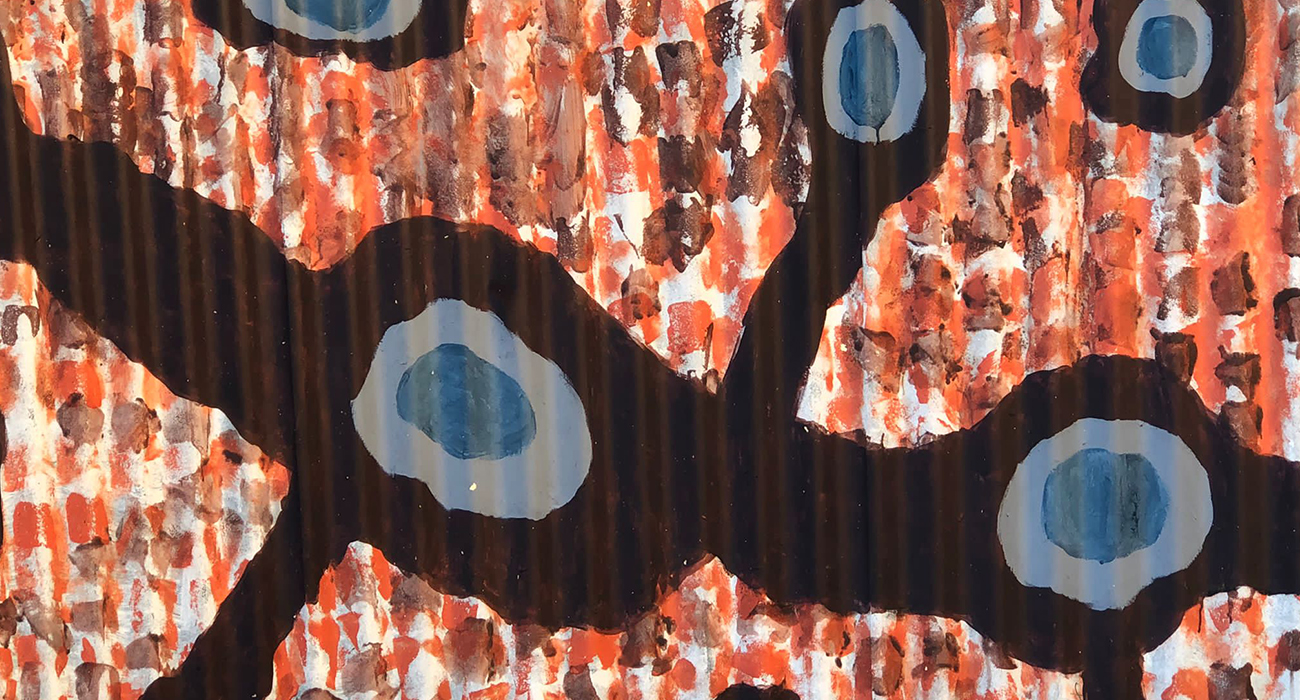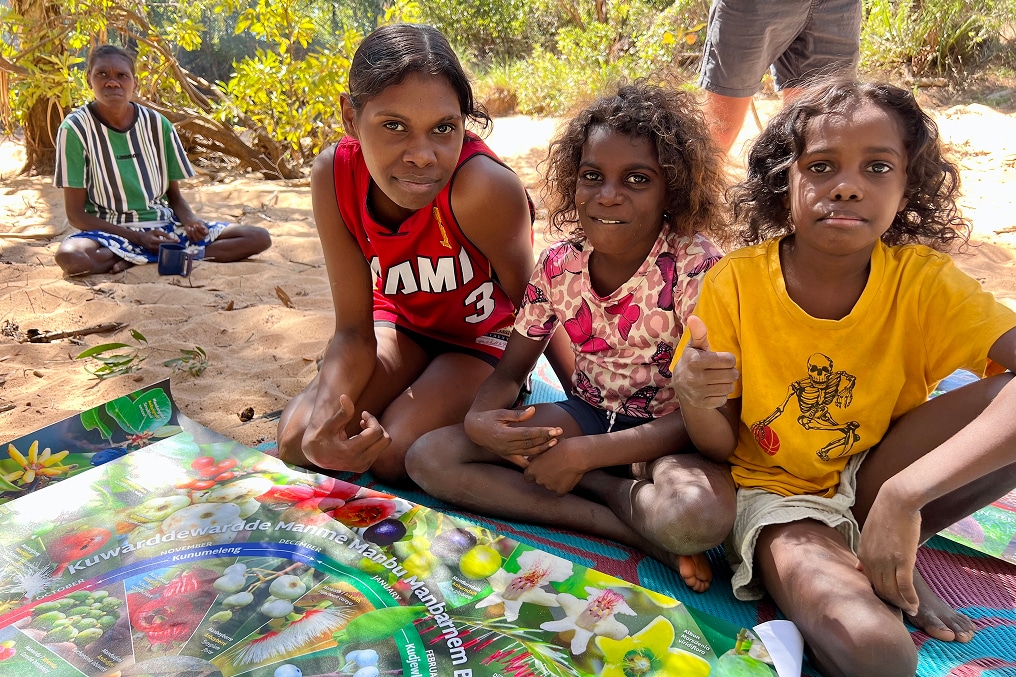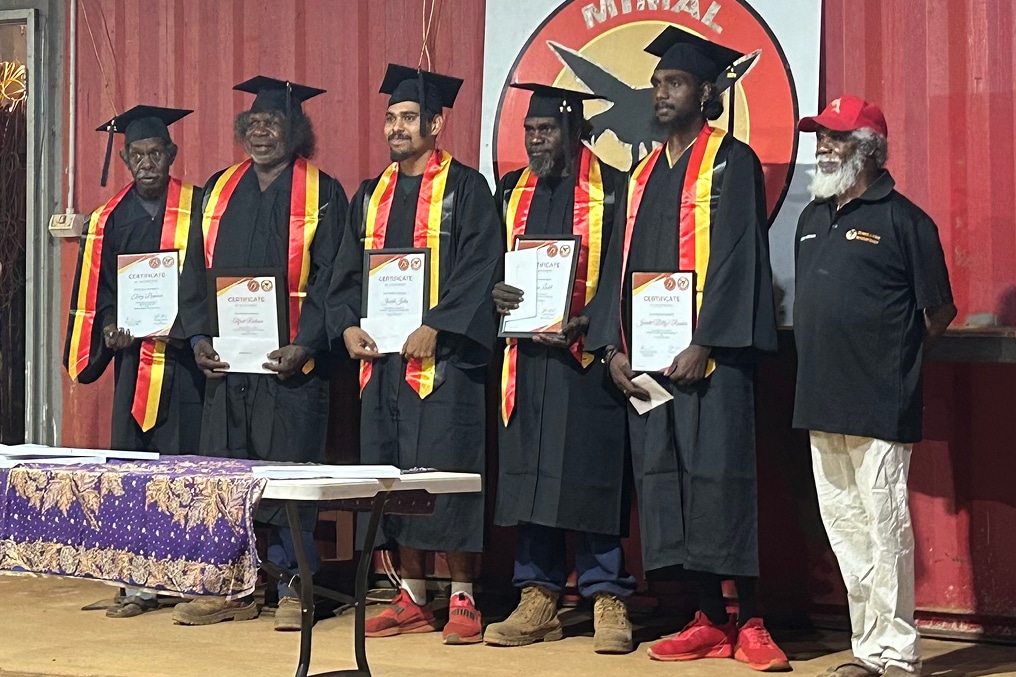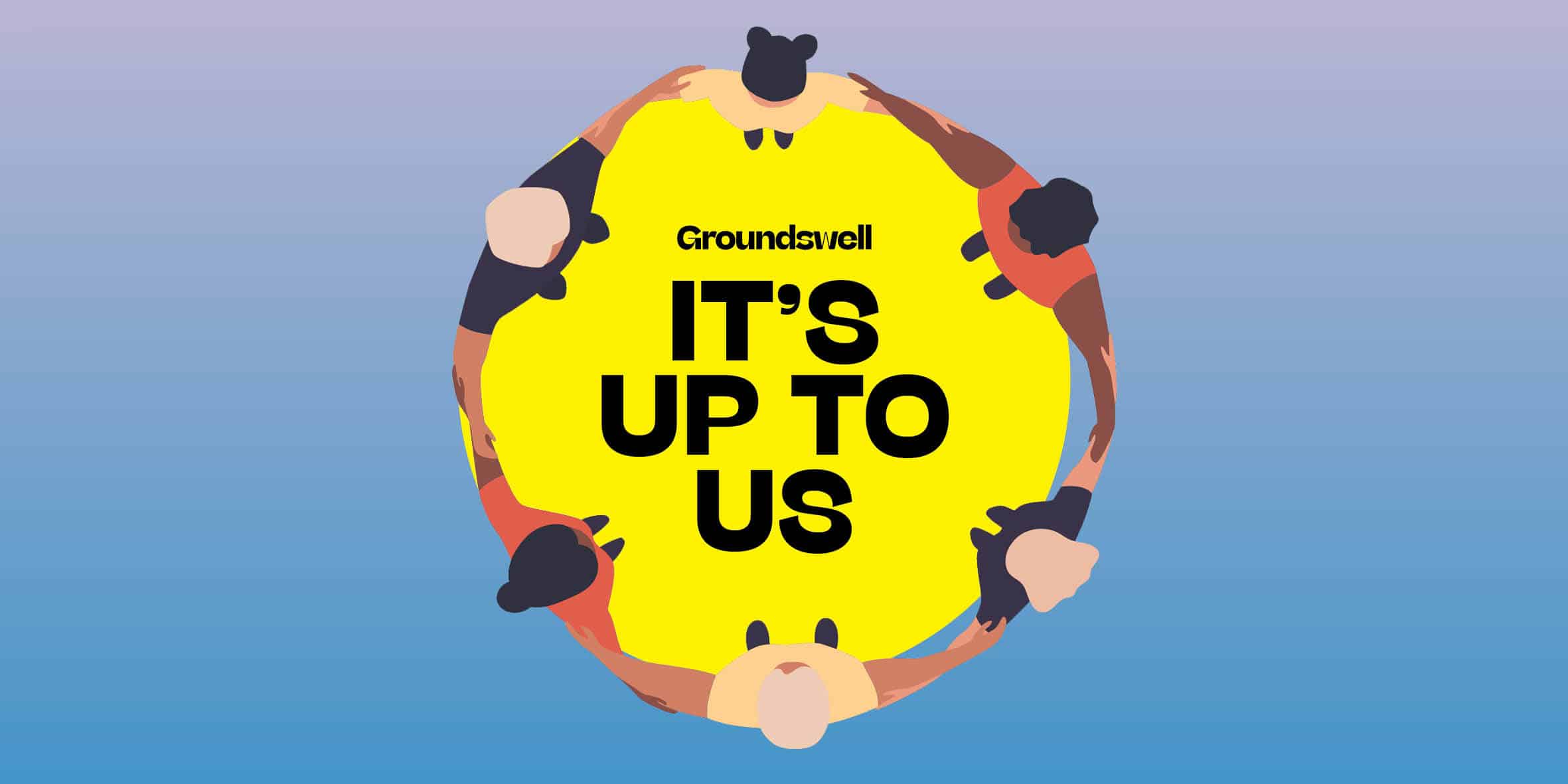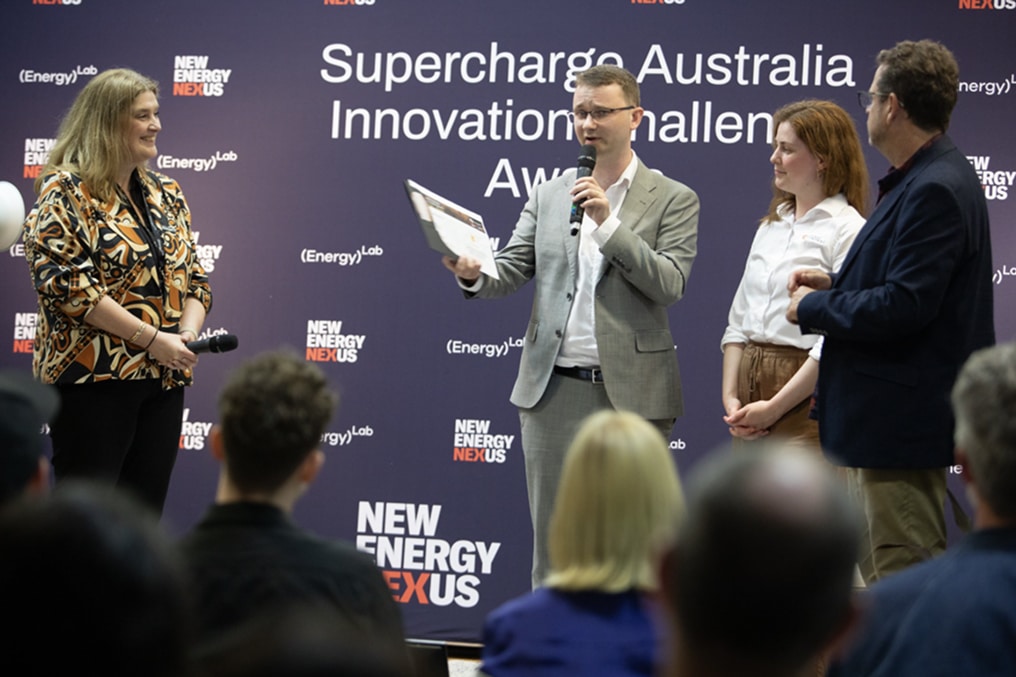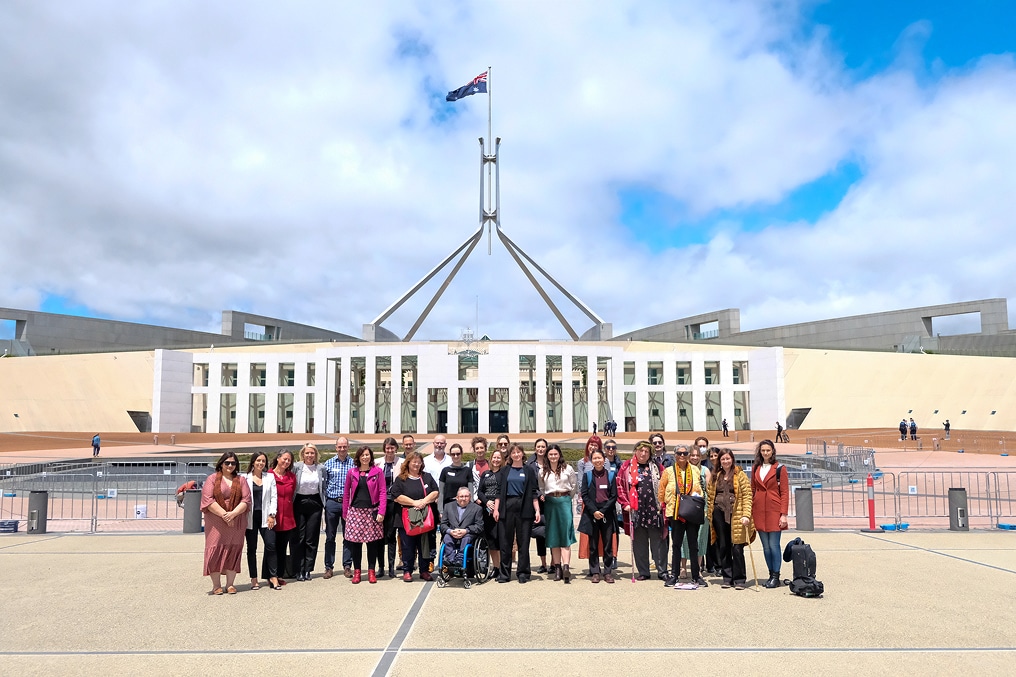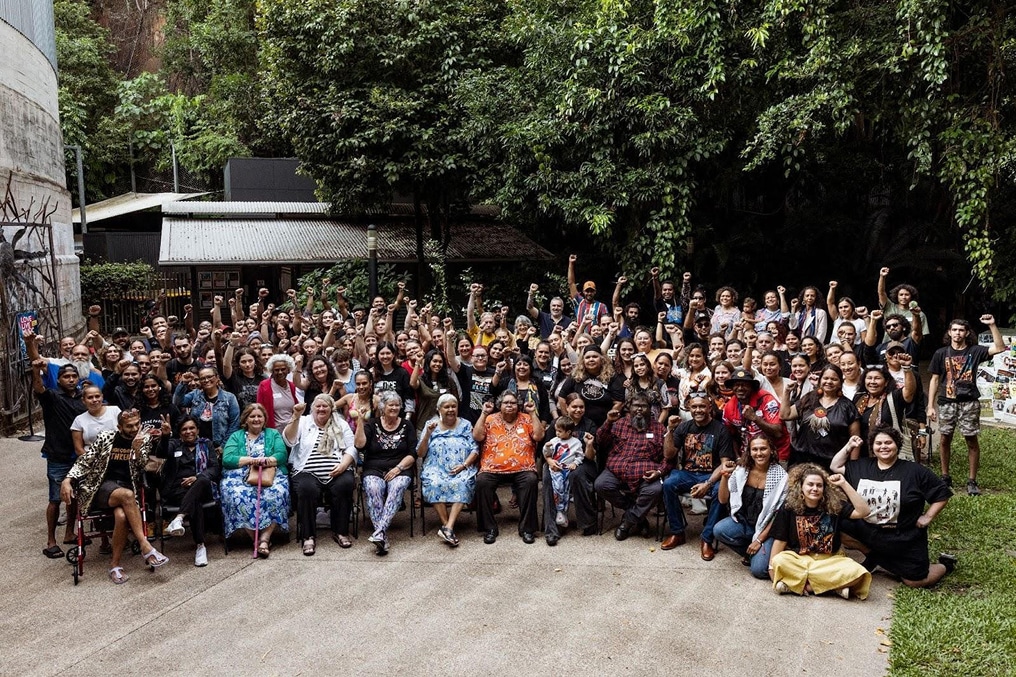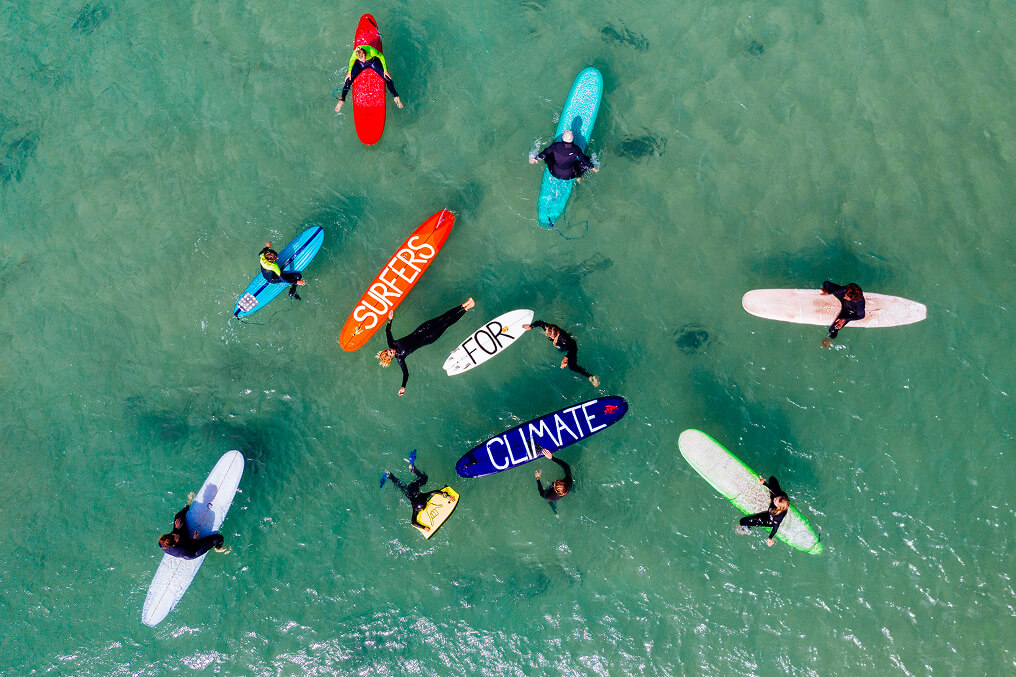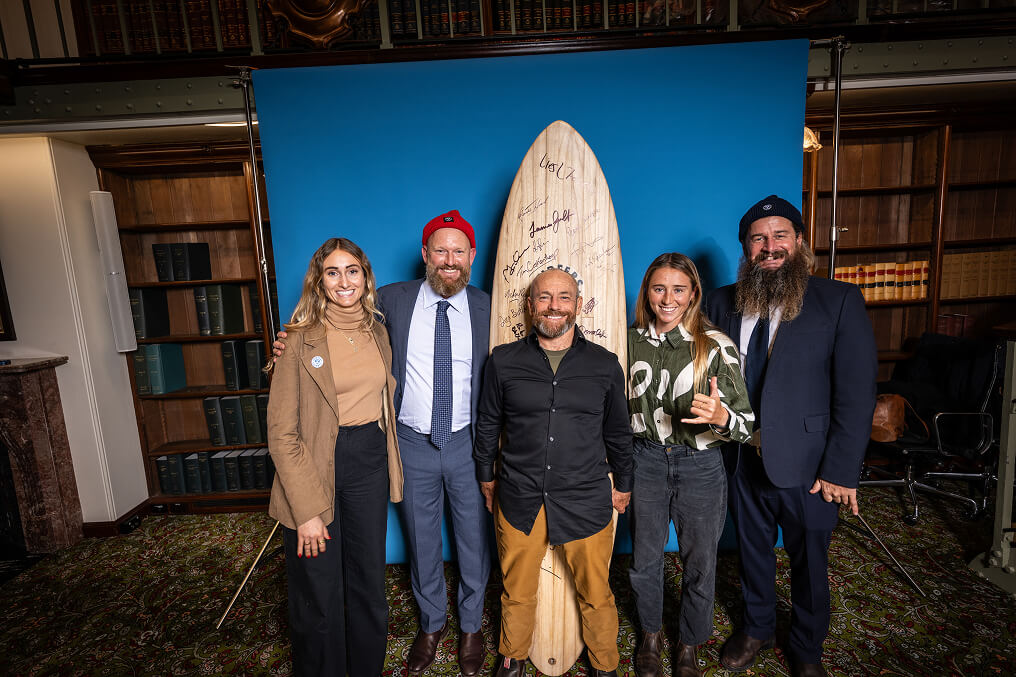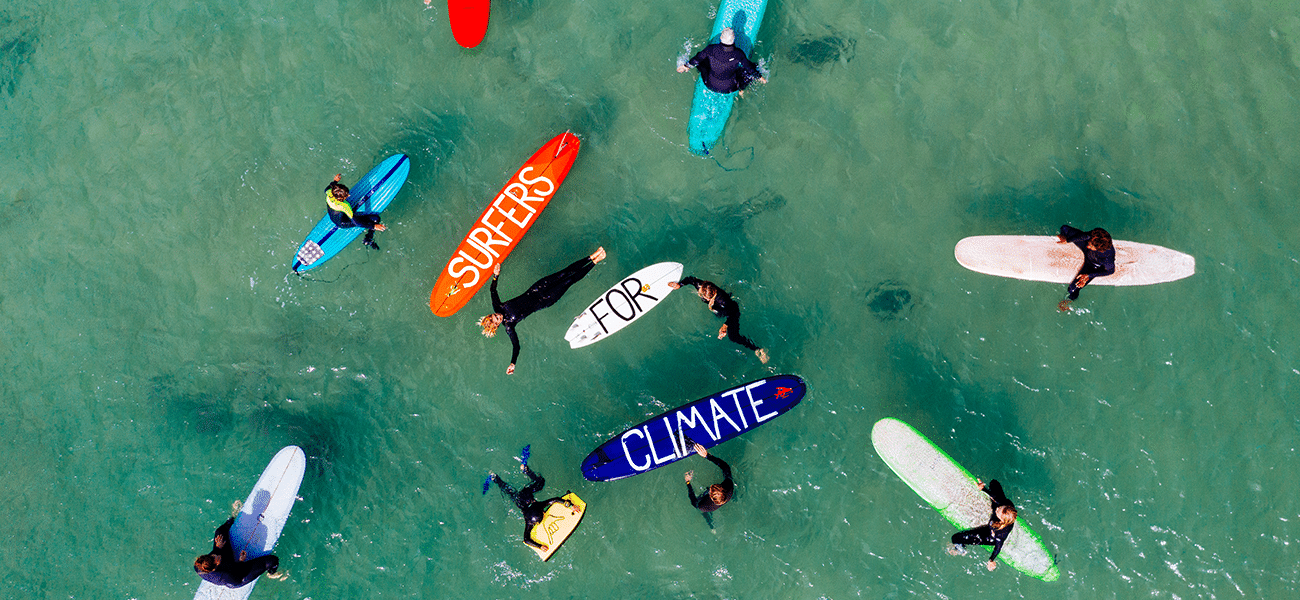“My name is Atumaia, I am from the Central Coast NSW and belong to the Kamilaroi People. For the past 5 ½ years, I’ve been a part of The Aspiration Initiative with the NSW cohort. The program has helped me to mature, think about my choices, and guide my future in ways that I wouldn’t have before.
The first time meeting everyone was when I was in year 8 in Redfern at NCIE. Coming into it, the only person I knew was Jacob, but after talking to people and a few games of touch footy, I got to know some people and started building relationships that I still have and hold to this day. At first, I was pretty nervous but that didn’t last for long after meeting some of the boys.
Over the years, through TAI, I have learned a lot of things to do with academics and schooling, but also the cultural side. TAI has a good balance between academics and Aboriginal culture – and the program could not work without both. I think that is one of the things that make it so enjoyable and a deep reason of why I keep coming back to the camps: I’ve spent around 3000 hours on camps, and loved every moment.
Along the way, I’ve been able to do things, see places, and meet people from all over NSW, and part of Victoria. I even met the WA crew at the National camp in Canberra. Without TAI I wouldn’t have done any of that, or even have a chance to.
One of my favourite camps was when we went from Dubbo to Lightning Ridge, stopping off at a few places along the way. We travelled across NSW in a convoy; 9 four-wheel drive cars, from tar to red dirt roads. The Adulthood camp was a camp where the boys and girls split up for a few days, before coming back together. On that camp we stayed with Uncle Paul and a few lads living with him. Another person on that camp was ‘Old Man’. It was mad listening to the stories they had to share. We went to the Brewarrina Fish Traps, they are around 20,000 years old, and one of the oldest manmade structures in Australia. The site itself is a real rocky place, but very special considering the amount of history and knowledge the place holds for Aboriginal agricultural systems. In addition to that, we went to see rock art, and heard the stories behind those sites: it was a chance to understand these stories and to share cultural knowledge, it will stay with me forever.
During other camps, we learnt Men’s dances such as the Ngemba welcome to country and the story of the ‘Dhinnawaan’ or Emu jumping into the stars. I’m not sure about the other boys but I felt that doing that brought us even closer together than what we already were. We danced those dances in front of all the girls, mentors, Aunties, and Old Man. The feeling was indescribable, I was filled with pride and I reckon it was probably the best thing I’ve done on any of the camps.
Throughout all of the camps we have had the opportunity to undertake a lot of cultural business. Things like water ceremonies, carving, and learning Coreeda – indigenous styled martial arts. These things are just some of the reasons why I come to camp; because at home, there are not a lot of opportunities for me to learn or come by those types of cultural things.
Even though my favourite parts of the camp have been the cultural things, some of the academic elements are still pretty good. We would go visit universities, have sessions about academic life, finding out firsthand what it’s like from lecturers, and even getting a sense of what university assignments would be like: this prepared us as we started our university life this year.
We’ve also learned how to think and solve problems in a ‘blackfulla’ way – how Indigenous knowledges can be used in broader society – these are good techniques to have.
All of this and more has definitely helped me and shaped the way I act and think. I can easily say that without TAI I would not be the person I am today. I am grateful for everything I have experienced and all the knowledge I have gained. So thank you to all the people that have come and gone, the people who have helped me and help make this possible because without it, my life would be very different.”
